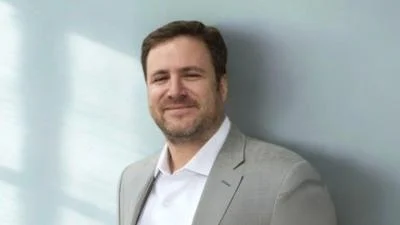Marc Lalande Vice President, Research | Shriners Hospital for Children Chicago
Marc Lalande Vice President, Research | Shriners Hospital for Children Chicago
On a recent weekend in Chicago, Shriners Children's hosted its State of Science conference, focusing on scoliosis research. The event highlighted advancements in treatment and research for the condition, which affects the spine's curvature. Over the past decade, Shriners Children's healthcare system has treated approximately 50,000 children with scoliosis.
One of the key discussions centered around artificial intelligence (AI) and its potential to standardize and improve measurements of spinal curves. Yishan Zhong, Ph.D., from Georgia Institute of Technology, is collaborating with Selena Poon, M.D., a spine surgeon at Shriners Children's Southern California, to develop an AI tool for measuring the Cobb angle—a critical metric for assessing spinal deformity severity. "Current manual scoliosis assessment is time-consuming for clinicians who are already overwhelmed," they noted. Their study analyzed data from 1,000 patients to create this AI model.
Shriners Children’s Chief Medical Officer Fran Farley, M.D., commented on the potential impact: “Physicians diagnosing scoliosis really use the Cobb angle. This found that AI could help measure the curve."
Another area of focus was early onset scoliosis in children under ten years old. Steve Hwang, M.D., a pediatric spine surgeon at Shriners Children’s Philadelphia, questioned whether machine learning could anticipate complications ahead of time. His study aims to identify genetic markers that might guide future treatments.
In surgical care advancements, Bruce Brenn, M.D., chief of anesthesia at Shriners Children's Philadelphia, leads a study named FUSION to enhance safety during spinal fusion surgeries by using AI algorithms to predict risks associated with spinal cord distress.
Michelle Welborn, M.D., from Shriners Children’s Portland discussed her work on predicting growth and curve progression in idiopathic scoliosis using a collagen X biomarker. She stated that this biomarker is "the strongest predictor of change in curve progression." Her ongoing research seeks to combine various data types through AI to predict growth patterns and skeletal maturity more accurately.
These findings were part of an annual conference organized by Shriners Children's Chicago research staff aimed at fostering collaboration and exploring new research directions for orthopedic conditions affecting children globally.





 Alerts Sign-up
Alerts Sign-up